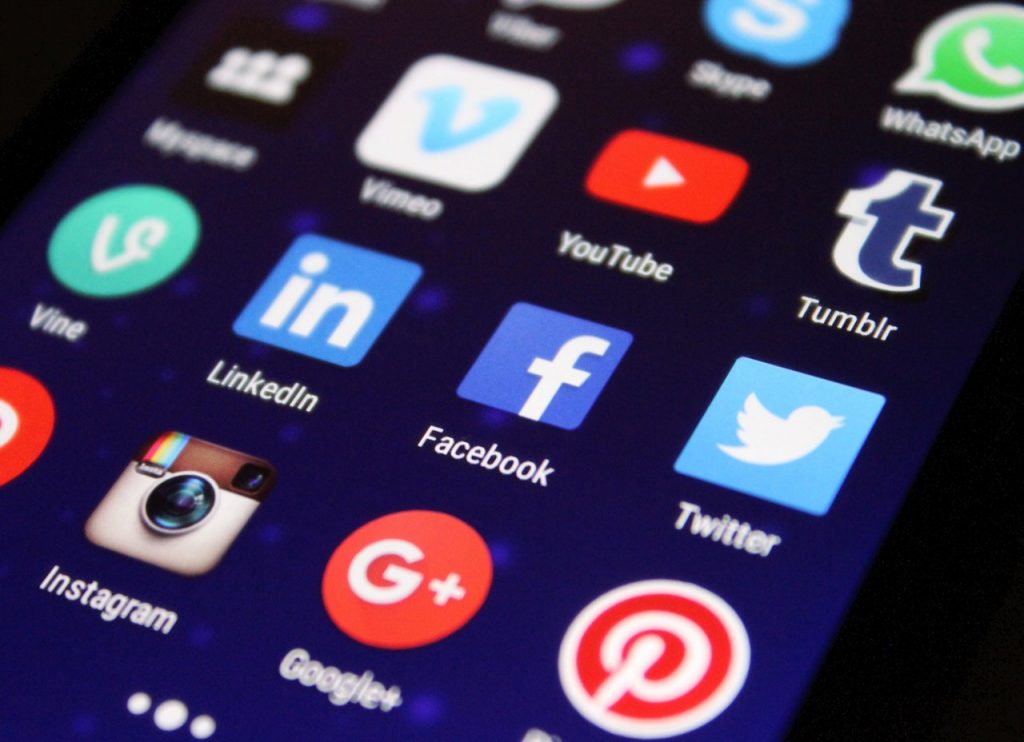DOES PHILANTHROPY MAKE BUSINESS SENSE?

Behind every successful business is a big WHY, a north star or a vow. It lives and breathes a specific niche. It’s ignited by an idea, nurtured by passion and feeds from blood, sweat and tears. Most of all, it’s something you choose to do because it makes your soul feel good. Karma holds a reputation that goes, “Whatever you give to the universe, will be unto you a thousandfold”. That being said, does philanthropy make business sense?
IMPACTFUL MOVE
Seeing signage that goes, “This is made up of 100% recycled materials,” gives you an idea that the company that manufactured it is an environmentalist. Or, websites of companies that announce a collaboration with other companies’ advocacy for sustainable products as part of their ‘About Us’ somehow strengthens its brands’ impact. But what is it about philanthropy that stirs a sympathetic behaviour from onlookers, therefore, transforming them into consumers? Economical choices say long-term that this is the right thing to do.
WHAT IS PHILANTHROPY, AND WHAT DOES IT DO?
When there’s philanthropy involved in a business or if it initially emerged from it, TRUST can be increased exponentially.
Let’s take Nicholas James Vujicic as an example. Nick, who is an Australian motivational speaker, preaches about his life’s journey as he was born with Tetra-Amelia Syndrome. He was born with a rare disorder which is characterised by not having arms and legs.
Together with being a Christian evangelist, Nick had become a truly effective life coach. He did this by being a professional motivational speaker and having 8 books written. He speaks from his own experience of depression due to body shaming, anger due to his limitation and hopelessness because of not being able to walk. But as he worked his way into becoming a better person, he was able to lead, inspire and most of all, become limitless in the purest sense of the word. He helps people who get frustrated by doing philanthropic acts of reaching out, visiting colleges and speaking to youth, encouraging them to stay no to drugs. Preaching and just fundamentally touching lives. But it’s undeniable that he earns from it. Nick’s net-worth is 500 thousand dollars.
It’s because of the brand he had established for himself. He is a survivor, a giver, and a life-changer. This requires a different set of skills he has developed in comparison to the regular person, but it emphasises something to the masses; that you have to set your mind on doing something for yourself. Small donations are one thing, such as recreational equipment for a support group, such as a pool table or ping pong table; then we go more into larger ongoing donations and work. Whether it’s a business that you want to put up or that very first step that you finally decided on making, it sets up a whole level of a platform for you to use in establishing a brand. Branding is the ultimate fuel for every business. And somehow, making noise keeps it sturdy.
MAKING NOISE
Today’s era is all about social media, the internet, and e-commerce. A lot of celebrities produce their shows and anybody could publish their branded vlogs or websites. This is because consumer-generated information is much more effective in transforming viewers into consumers rather than advertisements. And this is the truth. Marketing shifts into using what the majority of the people in the world are holding in their hands. The mobile phone. As people get hooked into it 24/7, acts of philanthropy are so easy to get disseminated because of the way people behave with it. Generating content favouring a person’s emotions propel them into consumerism.

A good example is Jollibee, which had expanded remarkably this year. Its commercials target the only WHY there is, LOVE; all kinds of love. And they are so effective that it contains prequels. How does it get disseminated? Through social marketing. And there are philanthropic snippets in all of their commercials. So people can’t help but fall in love with the Filipino fast-food that started from just selling ice cream all over again.
PHILANTHROPY HELPS
As a conclusion, philanthropy should be perceived as one of the biggest WHYs for a company. Some call it advocacy. Generally speaking, it’s always a good business when it can help people in a certain way. Huge companies, like Disney, do allow people to feel important, safe, and it remains as the best holiday destination for families. Starbucks prints alliances to recycling processes in their tissues and they are selling portable straws sending out their message to the public that they don’t hail single-use plastics.
Needless to say, philanthropy helps.





